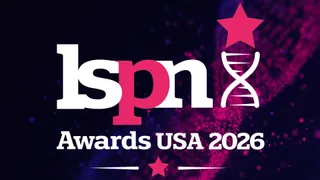
Will Big Pharma get the bug for microbiome therapies?
The microbiome therapeutics field is dominated by many innovative small and medium-sized enterprises (SMEs), all focused on driving the development of a single or a small pipeline of biotherapeutics. This has resulted in an impressive range of innovative products in development, often targeting conditions which conventional “small molecule” drug discovery projects have failed to adequately address.
Already registered?
Login to your account
If you don't have a login or your access has expired, you will need to purchase a subscription to gain access to this article, including all our online content.
For more information on individual annual subscriptions for full paid access and corporate subscription options please contact us.
To request a FREE 2-week trial subscription, please signup.
NOTE - this can take up to 48hrs to be approved.
For multi-user price options, or to check if your company has an existing subscription that we can add you to for FREE, please email Adrian Tapping at atapping@newtonmedia.co.uk

